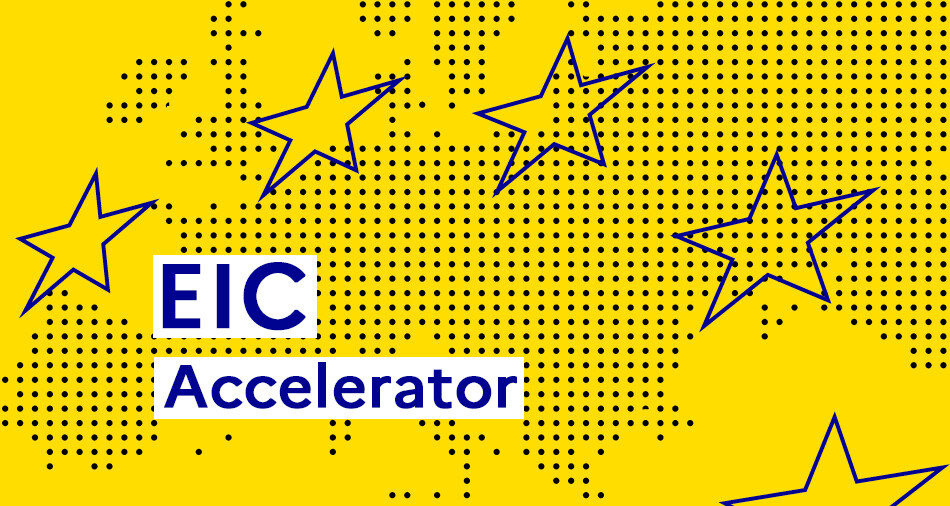ExpectedOutcome:
Project results are expected to contribute to the following expected outcomes:
- Enhanced quality and efficiency of the current service evolution to respond to (a) policy and/or user requirements (b) technological developments implementing the space regulation (c) complementing the challenges targeted by the Horizon Europe Mission on “Adaptation to climate change including societal transformation”
- Development of efficient and reliable new product chains, calling for new paradigms in data fusion, data processing and data visualisation essential for the service are expected to handle more high-volume satellite data sets and product sets. The baseline is to preserve continuity of what has been achieved while keeping the service modern and attractive
- Development of new algorithms and processing chains preparing for the use of new types of space observation data (being from new Sentinels, other contributing missions or ESA Earth Explorer missions) in order to allow the development of new products or the improvement of existing products.
Scope:
The areas of R&I, which needs to be addressed to tackle the above expected outcomes are:
- New and innovative coupled data assimilation methods to improve the next generation of global and regional reanalyses in the climate consistency of Earth-system reanalysis datasets
- Underpinning science in predictability and new and innovative multi-model product generation to improve the realism (including representation of extremes and teleconnection patterns) of the current generation of climate prediction models.
With an integrated modelling approach, the integration of new observational data becomes a driver for further enhancement and improved realism of the already existing production chains, assimilation systems and coupled models. The development of advanced processing and modelling techniques, as well as the exploitation of new sources of data, will be targeted to create new products or significantly improve the quality and performances of existing elements-components for the benefit of users. The projects should take into account the existing service and clearly define to what extent service will be improved with new elements or products, including the use of enhanced models, algorithms, tools and techniques to generate new products.
Proposals are expected to provide tangible results (new or improved products or service elements) for the Copernicus service within the period 2021-2027. The proposed research and development should be modular and scalable. The activities of the project should also contribute to the objectives set by the Group on Earth Observation and outcomes and relevant results of the project should be promoted also at international level through the Global Earth Observation System of Systems (GEOSS). In addition the project could contribute to the objectives set by the DestinE initiative.
The project should provide a proof-of-concept (e.g. system element targeting TRL5-6) at least demonstrating the feasibility of the integration in the existing core service.
Additionally, the transfer of research results to possible operations should receive active attention during the course of the project to strengthen the readiness for an operational deployment in the future. Appropriate interaction with the relevant Entrusted Entity of the Copernicus services, the conditions for making available, for re-using and exploiting the results (including IPR) by the said entities must be addressed during the project implementation. Software should be open licensed.
Applicants are advised to consult information on the Copernicus programme in general at https://www.copernicus.eu/en and further details on the topic in the Guidance document[1]
.
In this topic the integration of the gender dimension (sex and gender analysis) in research and innovation content is not a mandatory requirement.
Specific Topic Conditions:
Activities are expected to achieve TRL5-6 by the end of the project – see General Annex B.
Cross-cutting Priorities:
International CooperationDigital Agenda
[1]Published on the EU funding and tenders portal (https://ec.europa.eu/info/funding-tenders/opportunities/portal)





